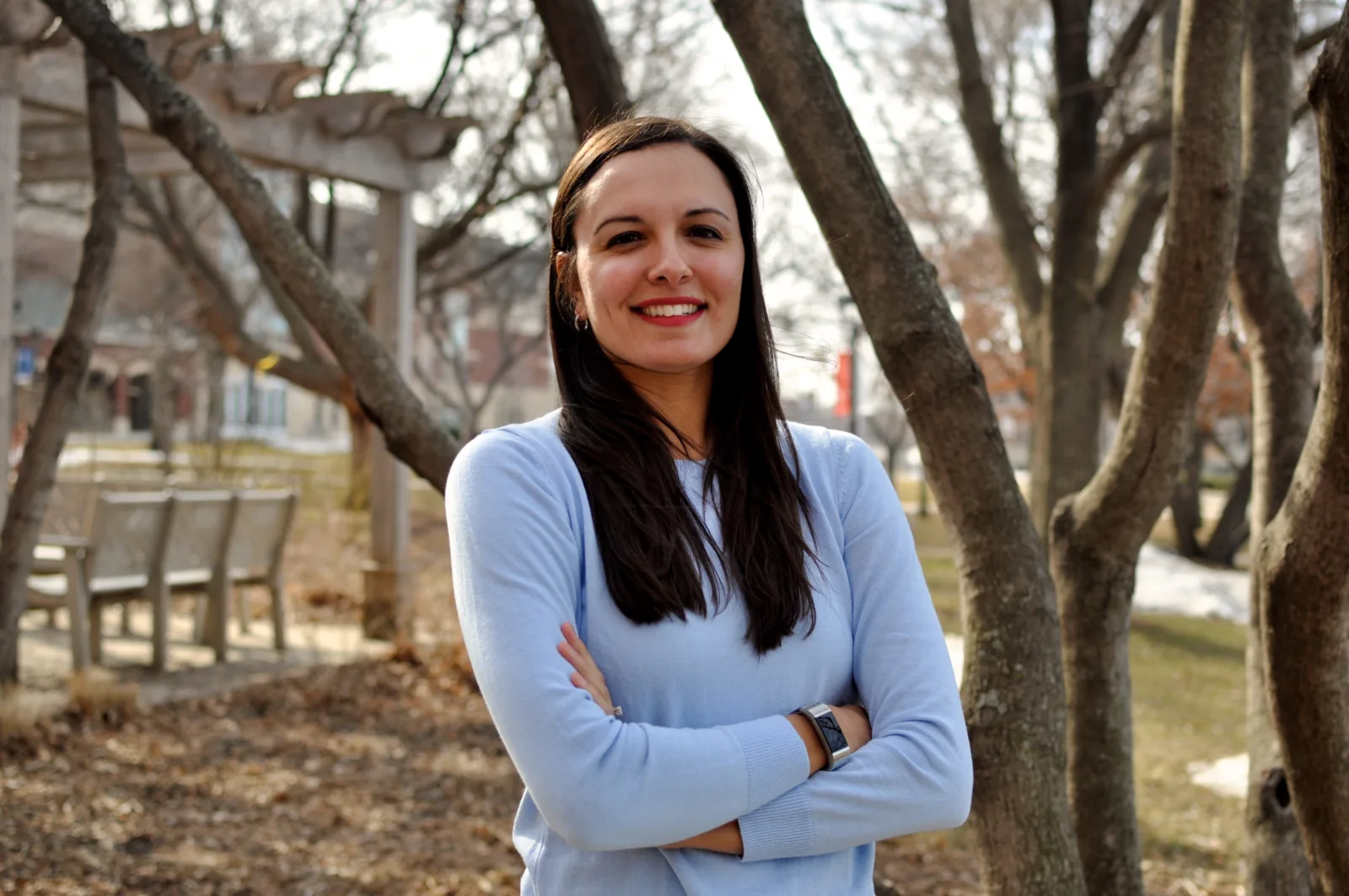In the early 1920s, a road scout for the Hearst newspapers stood on the south shore of Lake Superior. Mesmerized by the trees, cliffs, and gleaming island shores, he thought it was the perfect place to stage an Indian pageant, a grand reenactment of centuries’ worth of historic events. The Apostle Islands Indian Pageant, one of the region’s first large-scale tourism endeavors, opened in 1924. Even though the pageant closed a few years later, deemed a failure by its promoters, I argue that it plays a significant role in understanding early tourism in northern Wisconsin alongside local Ojibwe labor, indigeneity, and sovereignty. Tourism became key to the regional economy in the decades after the pageant, and the wide range of contemporary tourism endeavors underscores its ongoing importance nearly a century later. By situating the pageant in the broader context of tourism and indigenous history, this chapter underscores how these enterprises infringe on Ojibwe sovereignty and land use.
Katrina Phillips is an Assistant Professor of American Indian History at Macalester College and an enrolled member of the Red Cliff Band of Lake Superior Chippewa. She earned her BA and Ph.D. in History from the University of Minnesota, where she served as a co-chair for the University’s interdisciplinary American Indian and Indigenous Studies Workshop. She is a past recipient of the U of M’s prestigious Doctoral Dissertation Fellowship as well as the Graduate Research Partnership Program grant. Professor Phillips teaches courses on American Indian and American history. Her current research focuses on the role of American Indian historical pageants in the development of regional tourist economies in the 20th and 21st century.
